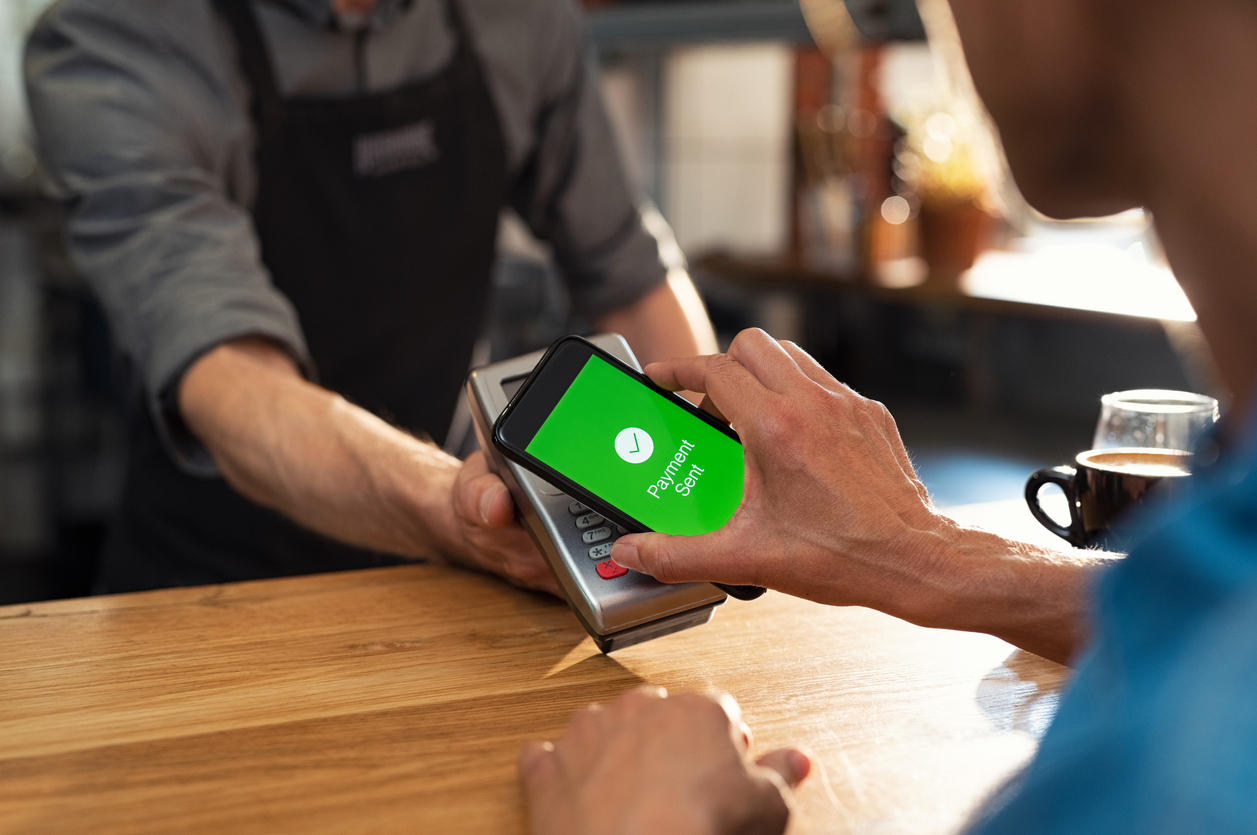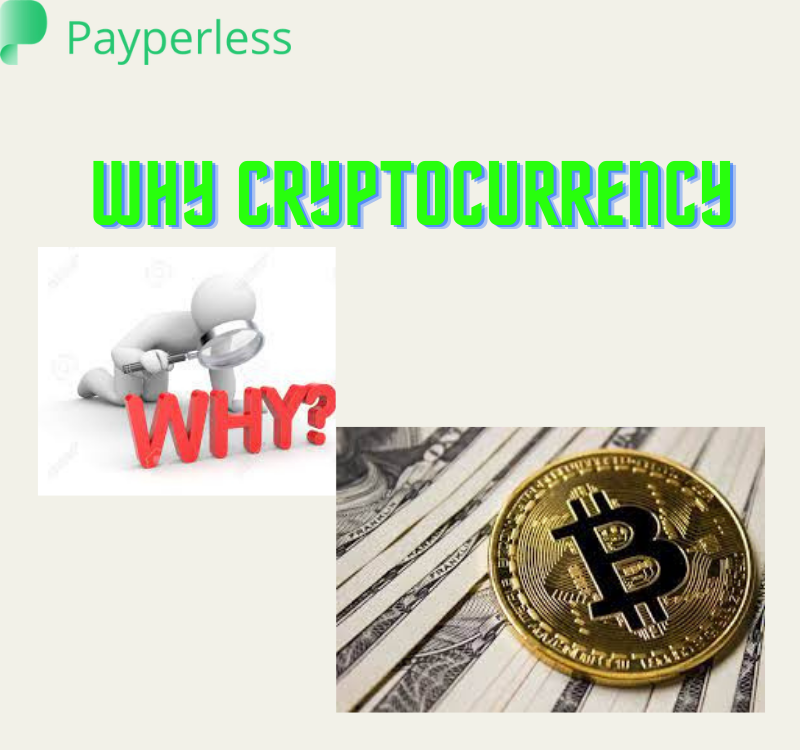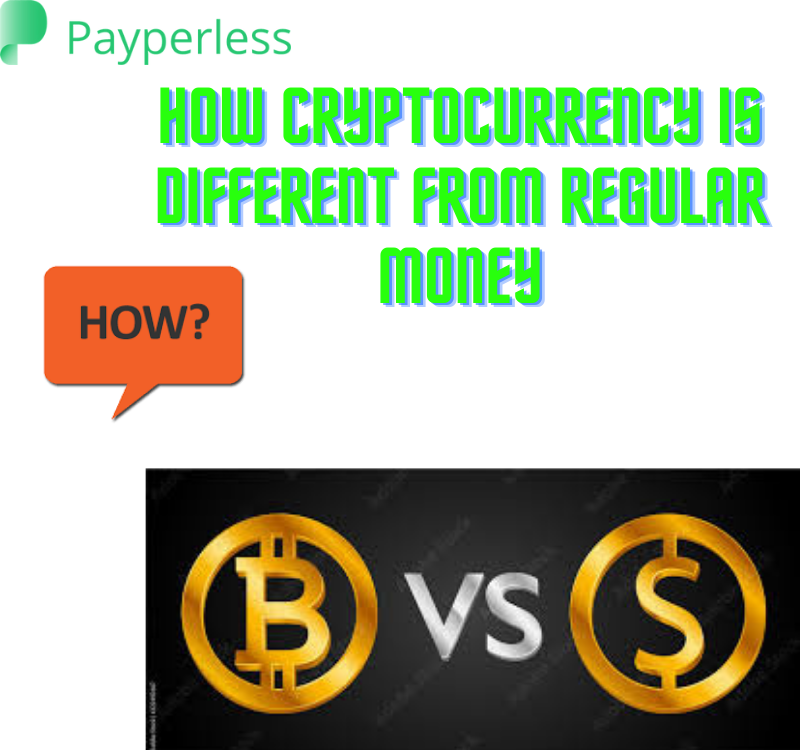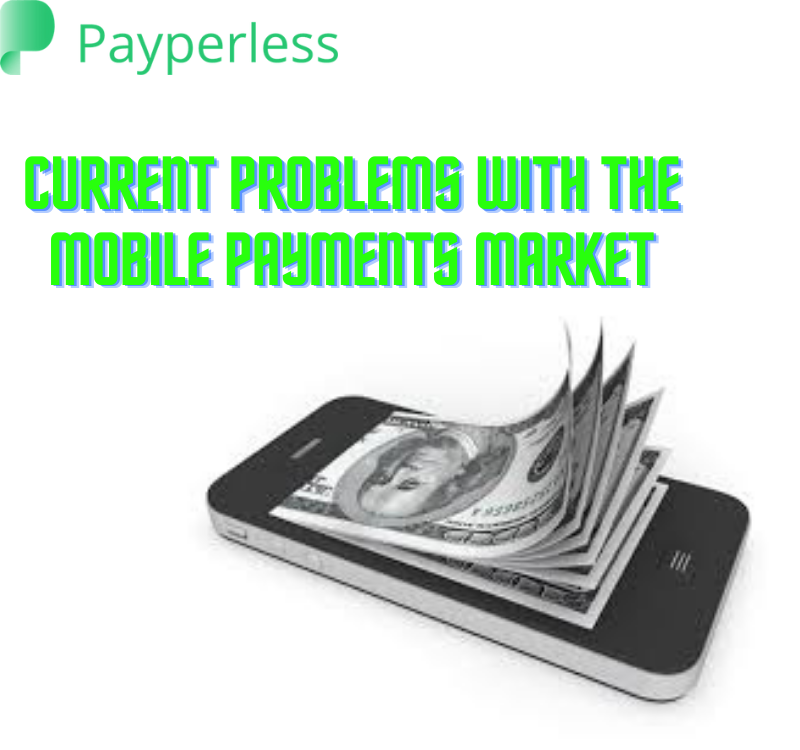How will cryptocurrency affect the mobile payment market?

How Will Cryptocurrency Affect The Mobile Payment Market?
Cryptocurrencies, like Bitcoin, have the potential to change how people pay for goods and services. Find out how here.
The currency we use today has taken various forms over the centuries. From grains to metals and coins to cash, the world has come along way in using advanced mediums to trade and transact business. Change in value is inevitable, and even the underlying currency that defines and decides the value of commodities has been evolving. It’s good to be aware of cryptocurrency to stay updated about the changing times. It has emerged as a new medium for exchange and will inevitably affect the global markets with time.
Along with the evolution of currency, the modes of payment also keep changing. As you know, transactions through mobile devices have become then or now, and global mobile payment is expected to grow annually at 37.8%(from 2018 to 2026). You must be wondering how the cryptocurrency would affect the mobile payment market. It’s a fascinating subject to analyze, indeed! Let’s have a look.
(ImageSource: Pixabay)
Why Cryptocurrency?
Cryptocurrency is a digital currency for digital transactions, which mainly involve transactions done over the internet. And Blockchain is a set of technologies that build the foundation for cryptocurrency’s functioning. It drives it forward through the concepts of decentralization, privacy, and verification, with which you will soon get acquainted in the following sections. Below given are the reasons why cryptocurrency promises to be the future of digital payment:

- Secure: Cryptocurrency is one of the safest currencies in a world where physical money is always under the threat of theft. The buyer and the seller in a cryptocurrency transaction have the ledger’s copy that records all transactions. Thus, cryptocurrency is entirely safe against malicious intrusions.
- Decentralized: You must be familiar with how a bank operates. However, cryptocurrency’s nature is such that it removes any central body’s need to govern or regulate the transactions. Unlike conventional banking, no single authority controls the cryptocurrency network, and the only parties involved in the transaction are the buyer and the seller.
- Faster Transaction Speed: Any transaction in any part of the world can happen at higher speeds, thus increasing cryptocurrency’s efficiency. Thanks to Blockchain technology, which is the digital framework on which cryptocurrency works, cross-border transactions across the globe can be swift, usually done within seconds.
- Versatile: Again, unlike banks, cryptocurrency transactions can be entirely private as no authorized third party controls or regulates your money. Thus, there is no need to reveal any sensitive information to anyone. The transaction charges are also meager as compared to traditional mediums. What’s more, you can also use them anywhere without the fear of devaluation or inflation.
How Cryptocurrency Is Different From Regular Money
There is a sea of differences between cryptocurrency and regular currency. Here are the main ones:

- Anonymous: Cryptocurrencies offer complete and absolute anonymity to parties involved in a transaction. Your usual currency transactions are regulated by banks and regulators that track your financial activities for each money transaction or card-swipe. Cryptocurrencies do not hold your information unless you choose to do so.
- Decentralized: With cryptocurrencies, no bank has any control or a say in how you carry out transactions. And due to the absence of central power, there are lower transaction charges or maintenance fees involved.
- Not Legal Tender: Cryptocurrencies are not backed by any government as such and are not legal tender. In regular money or fiat currencies, the government controls much of the supply, and you have to pay taxes.
- Fraud-proof: Cryptocurrencies are entirely secure as the parties' transaction details and identities are encrypted for record-keeping. Transactions recorded in a public ledger are held by both the buyer and the seller.
How Cryptocurrency Is Used
Though we talked so far about cryptocurrency as a form of currency, many people don't use it as a currency for transactions. Instead, cryptocurrency as an investments one of its primary uses. Thus, it becomes a useful tool for your portfolio management. Any cryptocurrency holder can manage their wealth without many limitations. As cryptocurrencies are finite, their value increases as they mature. This increase in value provides an excellent opportunity for investors to earn good returns over time. Cryptocurrency is ideal for medium to long-term investment. Several less volatile cryptocurrencies offer a significant offset to inflation. They are a great commodity against traditional investment tools and reduce devaluation caused by the declining value of money.
Today, various services over the internet and online shopping establishments accept cryptocurrency. Major online gaming platforms are now incorporating cryptocurrency into their gaming systems. Some cryptocurrencies are explicitly established for online gaming and entertainment, such as Game Credits, Funfair & Enjin. They offer faster transaction times and reduced volatility.
You can trade goods and services for cryptocurrencies. You can also trade one cryptocurrency for another. Foreign exchanges, goods & services, and other commodities can also be exchanged for cryptocurrencies. However, there are tax implications in places where cryptocurrencies are legalized. Thus, you might owe tax on capital gains from cryptocurrencies if you reside in such jurisdictions.
Current Problems With The Mobile Payments Market
You must be using mobile payment platforms today for various transactions and payments regularly. However, the mode of payment has many drawbacks and pitfalls, as discussed below.

- Expensive And Delayed Overseas Payments: One of the significant problems with the mobile payments market is cross-border payments which have long delays and are costly. The inability of centralized infrastructures necessitates independent infrastructures, which can be an expensive alternative for overseas mobile payments.
- Fraud: Fraud in payment networks increase with the rise of mobile payments in e-commerce. Even with fingerprint and biometric verification, there are vulnerabilities in mobile payment methods that emerge from time to time, which need to be addressed.
- Third-party Risks: The dependence of mobile payments on third-party infrastructure increases unwanted participants’ involvement in a single transaction. The more the number of third parties, the higher the regulations and restrictions for various banks and regions.
- Security: Mobile phone payments function on a wide range of operating systems and hand sets themselves. Older software versions may not have robust and advanced security features. Such lapses and obsolete devices may threaten mobile payment safety. If you use an older model mobile, you must have already faced many issues.
How Bitcoin Could Solve These Problems
Bitcoin is the pioneer and the most widespread cryptocurrency that promises to solve many of the hurdles in mobile payments. Gradually, we will get to see more and more mobile payment platforms starting to integrate with cryptocurrencies such as Bitcoin. Recent examples include Apple Pay, Google Pay & Samsung Pay.
The major hurdle in mobile payments is security. As mentioned earlier, Bitcoin is based on blockchain technology, which is a highly secure framework and is responsible for revolutionary transformations in cybersecurity. It has been instrumental in preventing scams, online frauds, or malicious interference, thanks to its solid foundation built on robust blockchain technology. Mobile wallets are also set to get secure with multi-signature through Blockchain. Furthermore, as cryptocurrency transactions happen between the buyer and the seller eliminating any third-parties, no external-source risk exists in such transactions.
Similarly, transactions are pretty fast in Bitcoin due to Blockchain. This speed is set to grow with more developments in fast works. Funds you send could be easily accessible within seconds in acompletely different part of the world. And since there is no central regulatory authority for cryptocurrency transactions, there are no unnecessary fees involved.
Crypto Mobile Payment As An Alternative To The Credit Card
You might be using a credit card regularly. However, Crypto Mobile Payments and Crypto cards may now overtake credit cards due to the lack of public trust in financial institutions. Furthermore, millions of credit cards getting compromised by malicious actors are not news anymore. Breaches of such magnitude secret apprehensions among people about the security and governance of credit cards.
Cryptocurrencies are decentralized. Hence, there is no involvement of any financial regulatory body. And since financial independence is the latest revolution in finance, it is getting wide acceptance as more people want to control their money. Thus cryptocurrencies grant financial freedom, security, and reliability as they are not affected by inflation, regulations, or fiscal policy changes.
Summary
By now, you are clear that cryptocurrency is one of the latest in a trend of multiple disruptions in various sectors of the modern world. Also, you are aware that mobile payments have too many concerns, unaddressed issues, and security loopholes. Cryptocurrency promises to solve them, mostly with its inherent characteristics themselves, to provide secure, fast, and convenient transactions to anyone. With the rapid growth in global mobile users and online fraud, this is the right time for Bitcoin and other cryptocurrencies to be used in conventional mobile payment methods.
References:
- Transparency Market Research, Mobile Payment Technologies Market, https://www.transparencymarketresearch.com/report-toc/157
- Tatiana Walk-Morris, Apple Pay to accept Bitcoin via Bit Pay cards, https://www.retaildive.com/news/apple-pay-to-accept-bitcoin-via-bitpay-cards/595123/
- PranobMehrotra, Google Pay, and Samsung Pay will soon let you pay with Bitcoin and other cryptocurrencies, https://www.xda-developers.com/google-pay-samsung-pay-cryptocurrency/
- Kaustav, How Ripple (XRP) Outdid the Transaction Speed of VISA, https://globalcoinreport.com/how-ripple-xrp-outdid-the-transaction-speed-of-visa/
- Just in as Baltrusaitis, Blockchain Transaction Times vs. Money Transfers: Blockchain Continues to Dominate, https://learnbonds.com/news/blockchain-transaction-times-vs-money-transfers-blockchain-continues-to-dominate/
- Just in as Baltrusaitis, Blockchain Transaction Times vs. Money Transfers: Blockchain Continues to Dominate, https://learnbonds.com/news/blockchain-transaction-times-vs-money-transfers-blockchain-continues-to-dominate/
- ID Theft Resource Center, 2020 Annual Data Breach Report, http://www.idtheftcenter.org/data-breaches.html